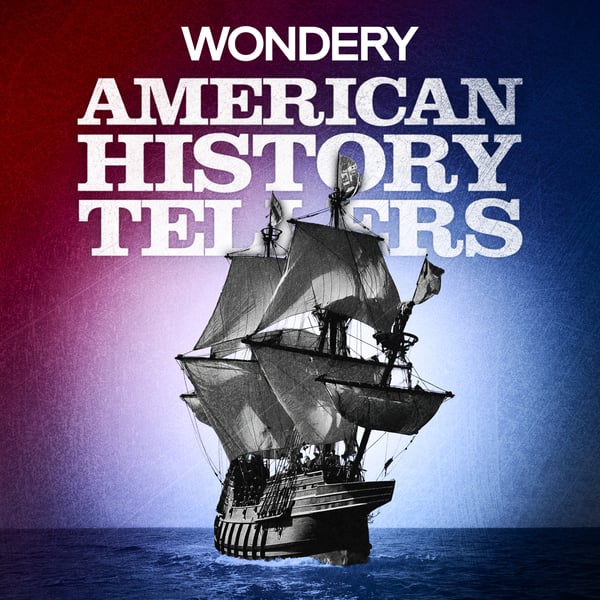Encore: What We Learned from Fighting the Spanish Flu | 1
American History Tellers
Wondery
4.7 • 18.3K Ratings
🗓️ 11 March 2020
⏱️ 50 minutes
🧾️ Download transcript
Summary
In light of growing concerns about the coronavirus, we’re revisiting an episode we ran last spring.
One hundred years ago, the Spanish flu pandemic forever reshaped the way the United States responds to public health crises. At a time when people around the world were already dying on an unprecedented scale due to World War I, Spanish flu devastated American cities, killing more than 675,000 people in the U.S. alone. The virus had a profound effect on impact on medicine, politics, and the media, revealing deep flaws in the U.S. government’s ability to respond to such a disaster. But it would also lead to the creation of new public health institutions that still endure today, and it would help usher in a new era of global collaboration in the medical community.
For more information about the coronavirus, visit the following websites:
Centers for Disease Control and Prevention:
https://www.cdc.gov/coronavirus/2019-ncov/index.html
World Health Organization:
https://www.who.int/emergencies/diseases/novel-coronavirus-2019
Support us by supporting our sponsors!
See Privacy Policy at https://art19.com/privacy and California Privacy Notice at https://art19.com/privacy#do-not-sell-my-info.
Transcript
Click on a timestamp to play from that location
| 0:00.0 | Hey, prime members, you can listen to American History Tellers add free on Amazon Music, |
| 0:05.6 | download the app today. |
| 0:18.0 | It's January 1918, just outside the town of Copeland in Haskell County, Kansas. |
| 0:24.0 | A rider eases his way into town, his gloved hands tight on the reins. |
| 0:29.0 | Within two decades into the 20th century, this place still feels like the old west. |
| 0:34.0 | As the rider passes the postmaster general's house, then the dry goods store his horse and buggy fit right in. |
| 0:40.0 | But something's off. Though this town is small, it shouldn't be this quiet. |
| 0:45.0 | There's something lying thick upon the dusty sawd houses, cracked or roads. |
| 0:50.0 | But stronger than the ever-present smell of manure, it's the stench of fear. |
| 0:55.0 | The rider dismounts, collects his heavy leather bag and ties up his horse. |
| 1:00.0 | He's a large man with a thick handlebar mustache and a no-nonsense attitude. |
| 1:04.0 | Bag in hand, he follows the long path to the front door of the squat wooden ranch house. |
| 1:09.0 | The fenced-in livestock nearby take no notes of him. |
| 1:12.0 | He knocks on the front door, cleanly dressed farmer's wife answers. |
| 1:17.0 | The man removes his hat. Good morning, Mrs. Warner. |
| 1:20.0 | Dr. Lorring, thank you for coming. He's upstairs. |
| 1:23.0 | Dr. Lorring Miner is the only physician in a hundred miles. |
| 1:27.0 | Here in the Haskell County town of Copeland, the locals respect and rely upon him. |
| 1:32.0 | Trained at Ohio University, the oldest university in the west, Lorring Miner is dedicated to his profession. |
| 1:38.0 | And at 58 years old, he's nearly seen it all. And what he hasn't seen, he's certainly read about. |
| 1:44.0 | Miner is accustomed to feeling prepared for any problem a patient may have. But he is not prepared for this. |
| 1:50.0 | Miner finds Mr. Warner's husband in bed, pale, sweating, every breath a dry rasp. |
... |
Please login to see the full transcript.
Disclaimer: The podcast and artwork embedded on this page are from Wondery, and are the property of its owner and not affiliated with or endorsed by Tapesearch.
Generated transcripts are the property of Wondery and are distributed freely under the Fair Use doctrine. Transcripts generated by Tapesearch are not guaranteed to be accurate.
Copyright © Tapesearch 2025.

